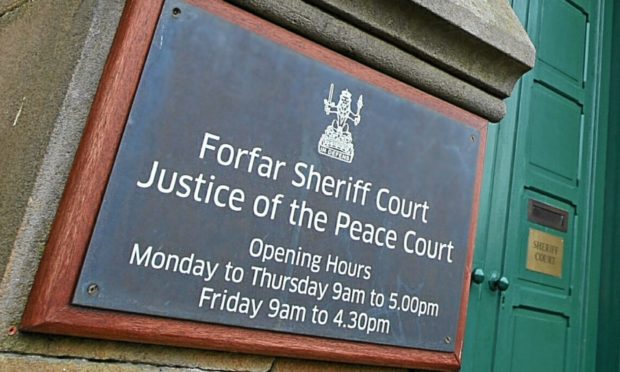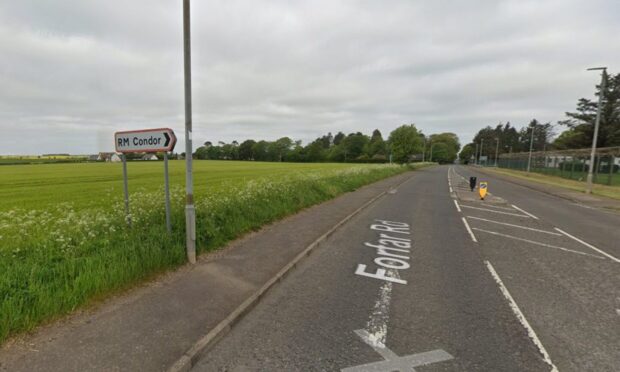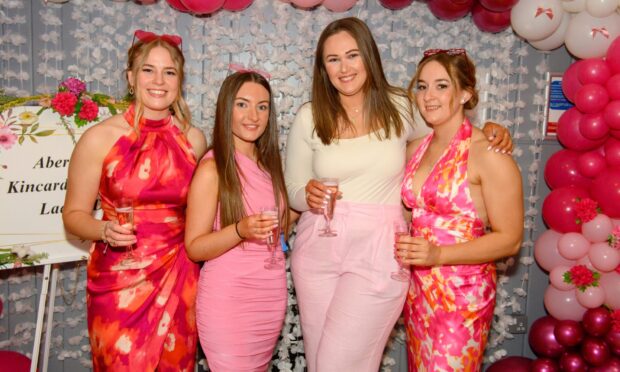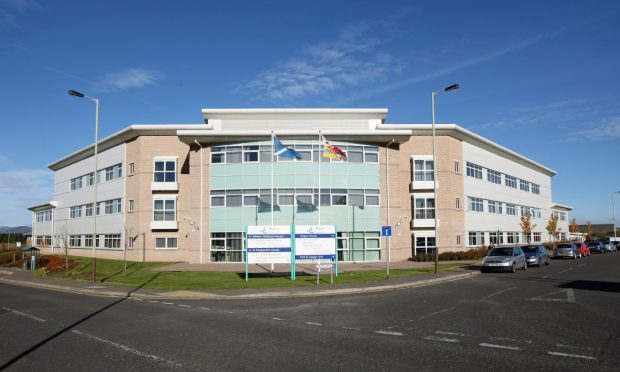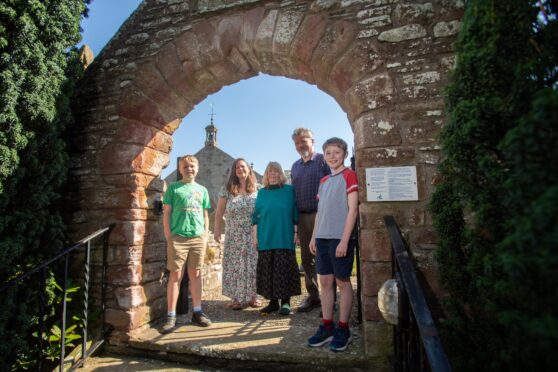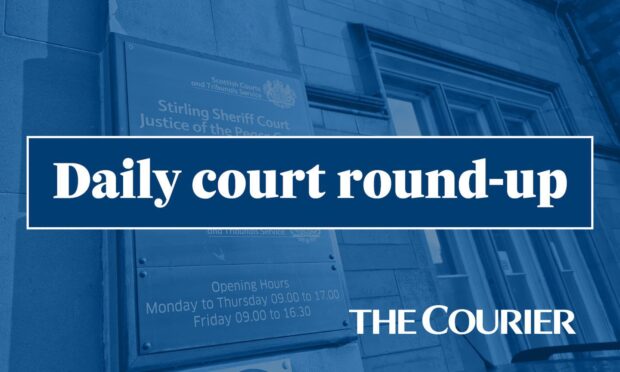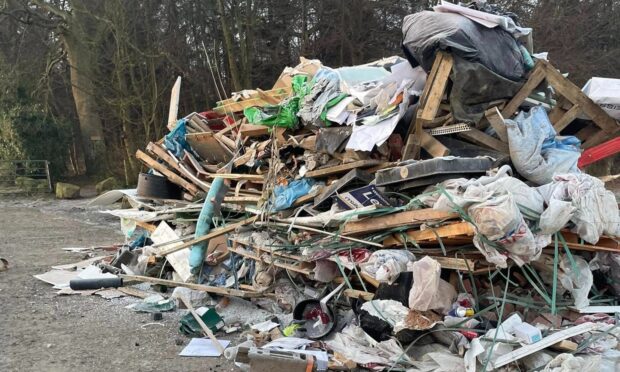A newborn baby who died at an Angus midwifery unit may have lived if she had been rushed to Ninewells Hospital, according to a chief midwife.
Nevaeh Stewart died fewer than four hours after she was born in a birthing pool at Montrose Community Midwifery Unit (CMU) in 2012.
Nevaeh suffered a “sudden collapse” after birth but a neonatal transport team routed from Ninewells’ antenatal unit at 5.40am did not arrive until 7.15am.
Medics recorded her cause of death as perinatal hypoxia or oxygen deficiency at birth, although an initial significant clinical event analysis was unable to determine its cause.
A fatal accident inquiry into her death heard teams could take “a number of hours” to attend “low-risk” deliveries at CMUs in Montrose, Arbroath and Perth before taking sick babies to Dundee.
NHS Tayside’s head of midwifery Justine Craig gave evidence at Forfar Sheriff Court, where fiscal depute Andrew Ramsay asked for her opinion on whether Nevaeh may have had a “different outcome” if earlier specialist treatment had been available.
“I think it’s probable because she wouldn’t have been waiting for medical treatment,” she said.
“Babies do die in unexpected circumstances even when they are right beside a neonatologist.
“But she would have had access to expertise quicker.
“If she had been diagnosed with any blood loss before birth she would have been treated for that, which would not have happened at the CMU.”
Mrs Craig was cross-examined by advocate Mark Fitzpatrick for the health board, who asked whether she could say with certainty that blood loss contributed to Nevaeh’s death, to which she replied in the negative.
The inquiry previously heard evidence from Ninewells chief paediatrician Dr Peter Fowlie, who agreed with American studies which suggest that water births should only be performed “within the context of a clinical trial”.
However Mrs Craig disagreed with that, and pointed to UK guidelines that recommended water births remain an option for prospective mothers.
“It appears as safe as birth on land,” she said.
“The Royal Colleges of Obstetritians and Gynaecologists, and the college of midwifery, and the NICE (National Institute for Health and Care Excellence) guidelines said it should be offered as a choice to women.
“It is as safe, or not safe, as any other method of delivery.”
The inquiry, before Sheriff Pino Di Emidio, continues.
